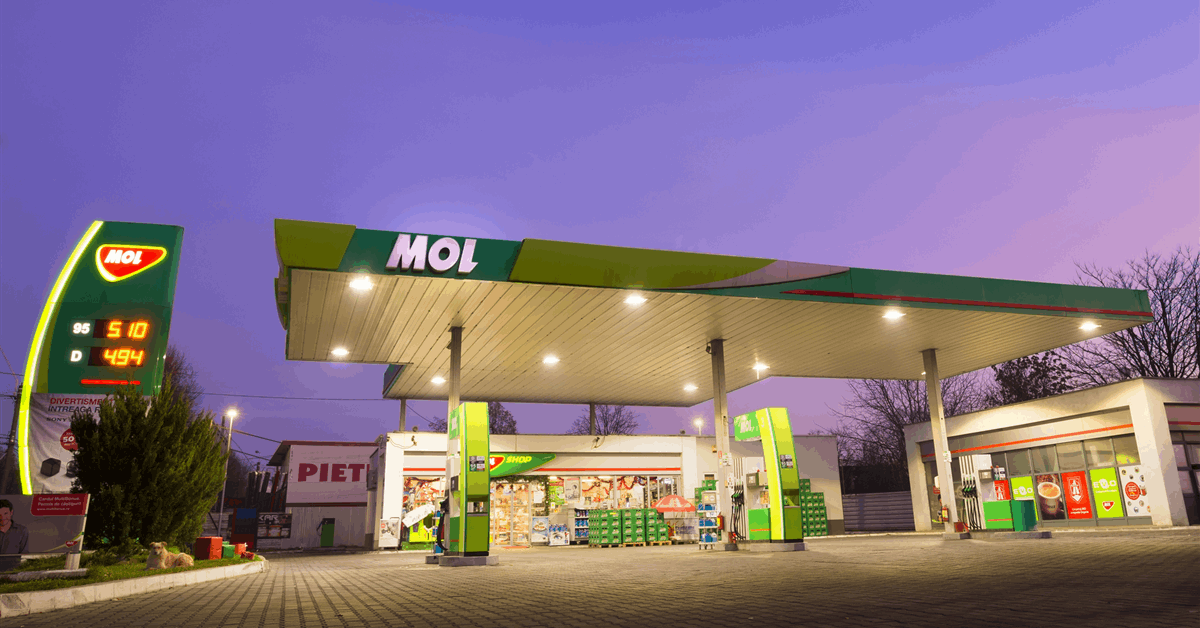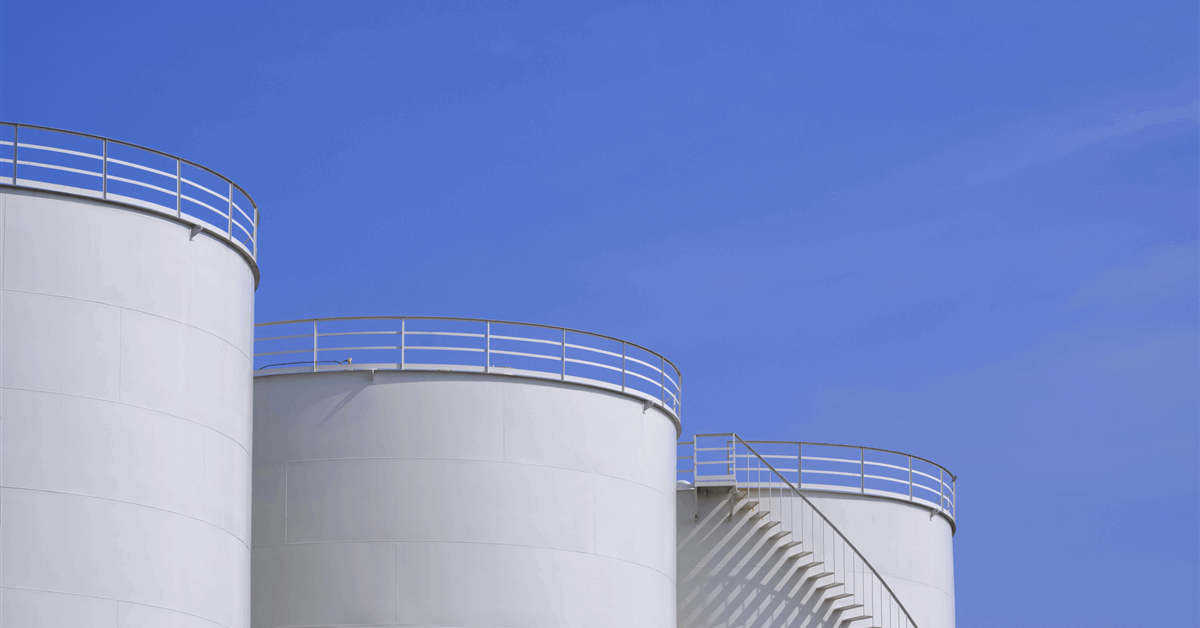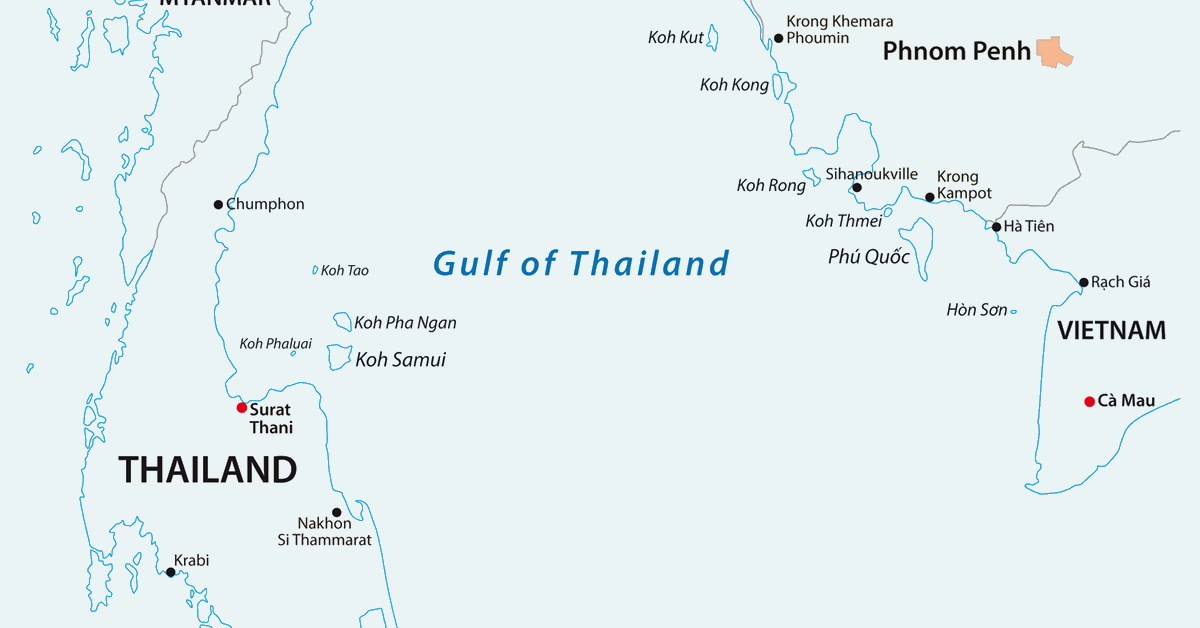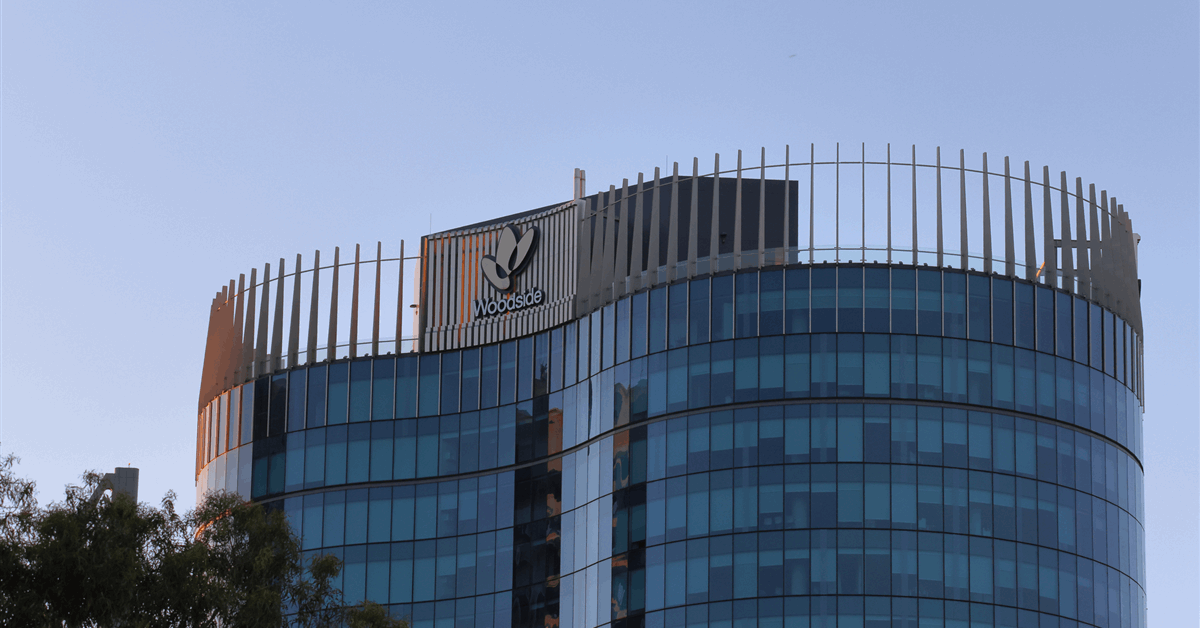
Mol Nyrt., the Hungarian oil company that’s faced criticism for maintaining strong reliance on Russian energy, sees a pipeline from the Ukrainian port of Odesa as its best bet at diversification.
The company wants to gain access to the Odesa-Brody crude pipeline that runs from Ukraine’s Black Sea port to near the nation’s border with Poland – allowing it to get seaborne supplies from a number of global producers, said Szabolcs Pal Szabo, Mol’s senior vice president for value chain management.
Flows could then be routed to Hungary via the southern Druzhba link, which currently carries Russian oil to the country and connects to the Odesa pipeline close to the Ukrainian-Polish border.
“The Odesa pipeline would mean access to all sorts of alternative crude due to the sea link,” Szabo said in an email to Bloomberg. “This pipeline would serve regional, EU and Ukrainian supply security.”
While Hungary was exempted from the European Union’s Russian crude oil ban in 2022 – allowing the landlocked country to keep receiving Russian crude via Druzhba – the country is under pressure to phase out those supplies amid an EU push to end energy imports from Russia by 2027.
Connecting to Ukrainian infrastructure wouldn’t be straightforward, since Odesa has been a frequent target of Russian missile attacks and the pipeline – which is currently out of commission – would require massive investments. The Black Sea around Ukraine’s coastline has also been heavily mined since Russia’s full-scale invasion in 2022.
It would also require political acrobatics from Hungarian Prime Minister Viktor Orban, a pro-Russian leader who’s called on the EU to cut support for Ukraine and end its sanctions on Russia. Orban has locked in a number of energy deals with Moscow and is currently campaigning for re-election by vowing to block Ukraine’s EU accession process.
Mol wants the EU and other affected nations to take part in “revitalizing” the Odesa pipeline, which the company says would also provide an alternative to Russian oil for Serbia. Hungary and Serbia are currently building a pipeline connection.
“If the EU is adamant that the region give up a reliable supply route, then it has a role to play in the establishment of a true alternative,” said Szabo.
Mol is currently upgrading its facilities to be able to refine non-Russian crude, which it estimates will cost about $500 million.
At the moment the company relies on crude shipments via the Adriatic Sea as its only alternative to Russian oil. But it has accused Croatian pipeline operator Janaf of overcharging for its use.
Mol’s Szabo also questioned Janaf’s ability to carry enough volumes for Hungary and the wider region once Russian crude imports are stopped, citing recent capacity tests on the pipeline.
A Janaf spokesperson said the firm has ample capacity and acts in accordance with EU regulations on transparent and non-discriminatory pricing.
What do you think? We’d love to hear from you, join the conversation on the
Rigzone Energy Network.
The Rigzone Energy Network is a new social experience created for you and all energy professionals to Speak Up about our industry, share knowledge, connect with peers and industry insiders and engage in a professional community that will empower your career in energy.




















